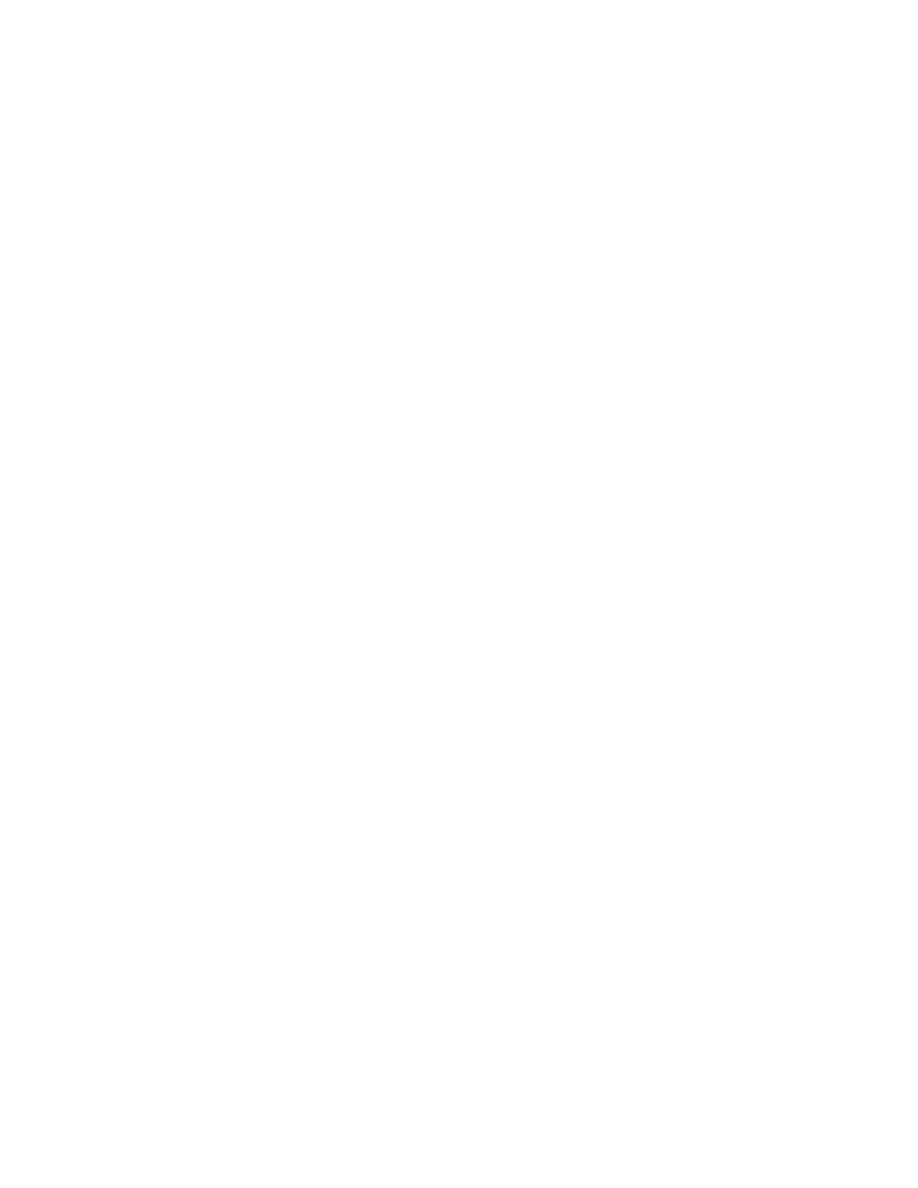
141
Federal Aviation Administration, DOT
§ 121.359
and that part of Canada west of lon-
gitude 130 degrees W, between latitude
70 degrees N, and latitude 53 degrees N,
or during any training, test, or ferry
flight.
(e) Notwithstanding any other provi-
sion of this chapter, an alternate elec-
trical power supply is not required for
airborne weather radar equipment.
[Doc. No. 6258, 29 FR 19205, Dec. 31, 1964, as
amended by Amdt. 121–18, 31 FR 5825, Apr. 15,
1966; Amdt. 121–130, 41 FR 47229, Oct. 28, 1976;
Amdt. 121–251, 60 FR 65932, Dec. 20, 1995]
§ 121.358
Low-altitude windshear sys-
tem equipment requirements.
(a)
Airplanes manufactured after Janu-
ary 2, 1991.
No person may operate a
turbine-powered airplane manufac-
tured after January 2, 1991, unless it is
equipped with either an approved air-
borne windshear warning and flight
guidance system, an approved airborne
detection and avoidance system, or an
approved combination of these sys-
tems.
(b)
Airplanes manufactured before Jan-
uary 3, 1991.
Except as provided in para-
graph (c) of this section, after January
2, 1991, no person may operate a tur-
bine-powered airplane manufactured
before January 3, 1991 unless it meets
one of the following requirements as
applicable.
(1) The makes/models/series listed
below must be equipped with either an
approved airborne windshear warning
and flight guidance system, an ap-
proved airborne detection and avoid-
ance system, or an approved combina-
tion of these systems:
(i) A–300–600;
(ii) A–310—all series;
(iii) A–320—all series;
(iv) B–737–300, 400, and 500 series;
(v) B–747–400;
(vi) B–757—all series;
(vii) B–767—all series;
(viii) F–100—all series;
(ix) MD–11—all series; and
(x) MD–80 series equipped with an
EFIS and Honeywell-970 digital flight
guidance computer.
(2) All other turbine-powered air-
planes not listed above must be
equipped with as a minimum require-
ment, an approved airborne windshear
warning system. These airplanes may
be equipped with an approved airborne
windshear detection and avoidance sys-
tem, or an approved combination of
these systems.
(c)
Extension of the compliance date.
A
certificate holder may obtain an exten-
sion of the compliance date in para-
graph (b) of this section if it obtains
FAA approval of a retrofit schedule. To
obtain approval of a retrofit schedule
and show continued compliance with
that schedule, a certificate holder must
do the following:
(1) Submit a request for approval of a
retrofit schedule by June 1, 1990, to the
appropriate Flight Standards division
manager in the responsible Flight
Standards office.
(2) Show that all of the certificate
holder’s airplanes required to be
equipped in accordance with this sec-
tion will be equipped by the final com-
pliance date established for TCAS II
retrofit.
(3) Comply with its retrofit schedule
and submit status reports containing
information acceptable to the Adminis-
trator. The initial report must be sub-
mitted by January 2, 1991, and subse-
quent reports must be submitted every
six months thereafter until completion
of the schedule. The reports must be
submitted to the certificate holder’s
assigned Principal Avionics Inspector.
(d)
Definitions.
For the purposes of
this section the following definitions
apply—
(1)
Turbine-powered airplane
includes,
e.g., turbofan-, turbojet-, propfan-, and
ultra-high bypass fan-powered air-
planes. The definition specifically ex-
cludes turbopropeller-powered air-
planes.
(2) An airplane is considered manu-
factured on the date the inspection ac-
ceptance records reflect that the air-
plane is complete and meets the FAA
Approved Type Design data.
[Doc. No. 25954, 55 FR 13242, Apr. 9, 1990, as
amended by Docket FAA–2018–0119, Amdt.
121–380, 83 FR 9173, Mar. 5, 2018]
§ 121.359
Cockpit voice recorders.
(a) No certificate holder may operate
a large turbine engine powered airplane
or a large pressurized airplane with
four reciprocating engines unless an
approved cockpit voice recorder is in-
stalled in that airplane and is operated
continuously from the start of the use
VerDate Sep<11>2014
08:20 May 17, 2019
Jkt 247048
PO 00000
Frm 00151
Fmt 8010
Sfmt 8010
Y:\SGML\247048.XXX
247048